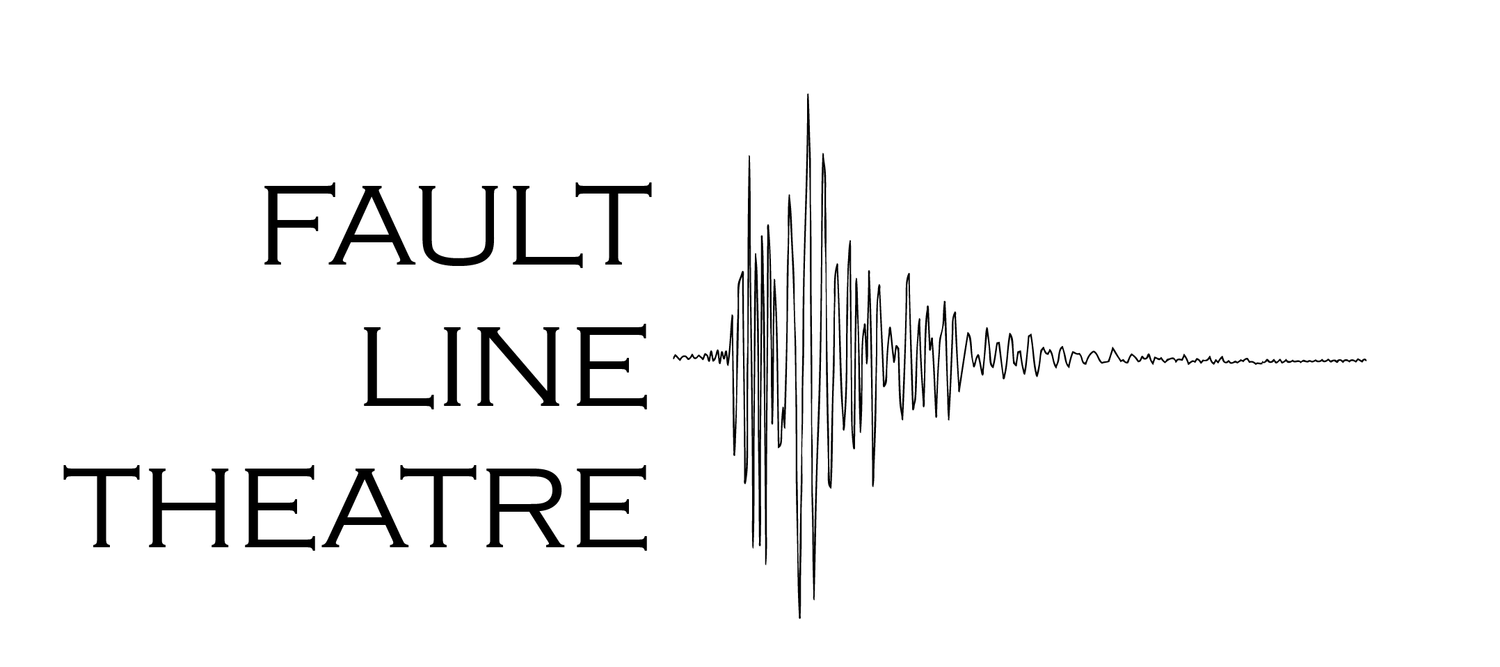Vulture wrote about seeing a double bill of The Nosebleed is at the Japan Society along side our production of Alix Sobler’s Hindsight. Here’s an excerpt of the piece:
Figuring Out Failure in the First Person: The Nosebleed and Hindsight
By Helen Shaw
… Something similar is happening in Hindsight, though its aesthetic couldn’t be less like the spacious, quiet-filled Nosebleed. In a crowded little theater, jammed tight with props, a woman works at a messy desk. When the lights go down, she looks up. “Oh, hey, I’m the playwright,” she says. A little ripple of laughter moves through the tiny audience. “Weren’t expecting that, were you?” she laughs back. In fact, the flustered-seeming woman with the laptop will try to destabilize us repeatedly as we make our way through Alix Sobler’s autofictional attempt to grapple with the cause of our polarized politics. Even after an hour of explaining why she wrote the play we’re watching, the woman idly wonders if she might not actually be Sobler. Has she been fibbing all along? When a person promises you she’s telling the truth, every warning light on your instrument panel should glow red. If the last 30,000 years of human development have taught you nothing else, it’s taught you that.
Sobler (it’s really her) doesn’t go so far back, though — she’s pretty sure the crucial breaking point in public trust came about 30 years ago. Sobler’s convinced that the 1987 repeal of the Fairness Doctrine, a 1949 FCC regulation about “equitable” presentation of controversial issues on broadcast news, holds the key to our present troubles. Her actors compete, hammily, to define the Doctrine for us; Sobler manages to shut them up only by reading directly from the FCC rulebook. She introduces the four Reagan-appointed commissioners (including the touching Daniel Pearce as James H. Quello) who will vote on the rule, and they bicker spiritedly. Sobler keeps telling us that if she can adequately dramatize the meeting when the government opened the gate to alternative facts, she’ll have — what? As the show proceeds, Sobler deliberately reveals the weakness of her own project. At one point, forced by an actor (Craig Wesley Divino) to actually state the counterargument to her lefty position, she becomes suddenly persuasive.
Sobler is writing about the failure of good intentions, most compellingly her own. Whenever something goes wrong in a scene, she pops in from the side with her hand up to take the blame. The self-flagellation starts to affect the show’s structure, which keeps being interrupted by a repeated 2016 Thanksgiving dinner scene with Sobler’s quarreling, politically divided family. She would rather not see that awful Thanksgiving dinner again, but clearly the fight haunts her and thus the play. She admits to doing a bad job of imagining the commissioners’ discussions, which include facts they couldn’t possibly know and 21st-century retrospective reasoning. That failure she and director Aaron Rossini handle lightly, with cheesy ’80s needle-drops and behavioral exaggerations, abetted by a cast that gets up to velocity even with a tiny runway. Those 2016 scenes, though, ratchet tight that loose mood. The arguments are on a loop: The words don’t change, but as they repeat, the mood turns bitter, then violent.
The overall rhythm of the comedy sometimes falters — the recursive structure seems to travel the same ground too often; there are diversions (a discussion of equal opportunity employment) that distract rather than enrich. And, of course, there’s the fact that the play keeps persuading you of its own inability to find certainty or even a way forward. Still, is that really so bad? After a double bill of Hindsight and The Nosebleed, it’s increasingly difficult to see this mired-in-the-old-news quality as a flaw. In both plays, writer-performers demonstrate how to stretch out a hand to a father who will not ever understand, who is past hearing. Who cares if we don’t find the answers in the past? Isn’t it still worth looking backward? We have to learn somewhere how to reach out to things that aren’t capable of reaching back. That particular failure will be relevant, eventually, to us all.

